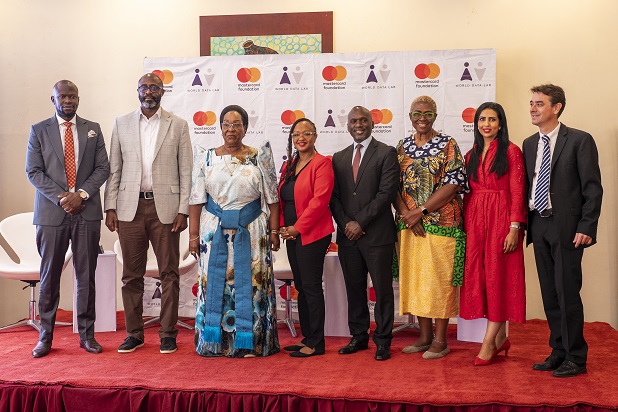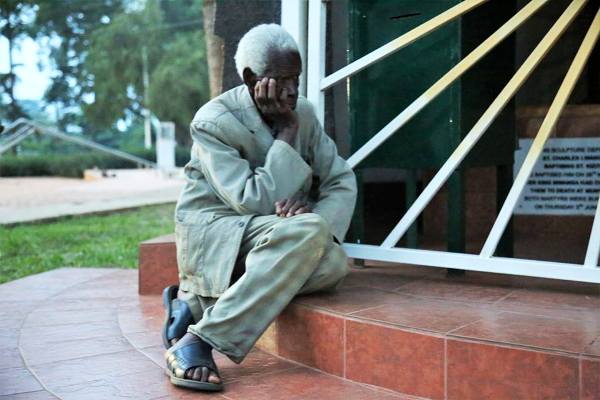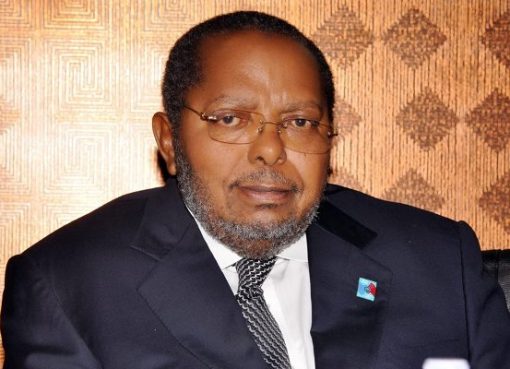Hon. Joyce Nabbosa Ssebugwawo, Minister of State for Information Communication Technology and National Guidance, Mastercard team, Resident representative, UNDP Uganda, Nwanne Vwede-Obahor
World Data Lab (WDL), in partnership with the Mastercard Foundation, is pleased to announce the Uganda launch of the Africa Youth Employment Clock on November 7, 2024.
According to WDL projections, Africa will experience its highest-ever youth population growth in this decade (2021–2030), with the population projected to increase by almost 100 million between 2023 and 2030. Enabling young people in Africa to access dignified and fulfilling work is more important than ever and a collective, renewed impetus underpinned by credible data is needed to achieve this.
The Africa Youth Employment Clock will support and inform the journey to more inclusive African labour markets through cutting-edge data modeling and visualization. This labour market model monitors real-time job growth and forecasts employment trends in Africa, tracking key variables such as employment status, age, gender, and sector up to 2030. The first of its kind, the Clock is poised to become a go-to place for comprehensive youth employment data in Africa. It is intended to inform the strategic decision-making of policymakers, development actors, and other youth and labour ecosystem stakeholders. The Clock draws from surveys and datasets made available by national statistics offices, the International Labour Organization (ILO), and the International Institute for Applied Systems Analysis (IIASA).
The Clock is a user-friendly, publicly available digital tool that can be accessed at www.africayouthjobs.io. Country-level youth employment data is available for all 54 African states, and sub-national data is currently available for Nigeria, Ghana, Kenya, Ethiopia, and Rwanda, with plans to expand to Uganda and Senegal, where the Mastercard Foundation has country- based programs. WDL’s methodology is peer-reviewed and enables consistent, comparable data across countries.
“Despite stable employment rates, Uganda faces challenges with a significant portion of the youth workforce in low-paying jobs that limit economic growth and development. At World Data Lab, we are dedicated to providing real-time data that supports policymakers in creating sustainable and dignified employment opportunities. The African Youth Employment Clock offers reliable labor market insights and projects youth employment trends up to 2030. Through our partnership with the Mastercard Foundation, we aim to drive impactful change and deepen understanding to build a brighter future for Uganda’s young workforce,” said Wolfgang Fengler, CEO/Co-Founder, World Data Lab.
With Uganda now among the countries benefiting from the Clock, its launch is seen as a transformative step toward understanding and addressing the employment challenges facing Uganda’s young workforce.
“The launch of the Africa Youth Employment Clock in Uganda marks a critical step toward addressing the urgent employment needs of our youth. With one of Africa’s fastest-growing youth populations, Uganda requires actionable, real-time data to inform decisions on creating dignified and fulfilling work opportunities. This tool will empower leaders, businesses, and young Ugandans themselves to shape a future of meaningful employment. By partnering with World Data Lab, we are equipping Uganda to unlock the full potential of its young people, laying the groundwork for sustainable growth and prosperity for all,” said Adrian Bukenya, Uganda Country Director at the Mastercard Foundation.





